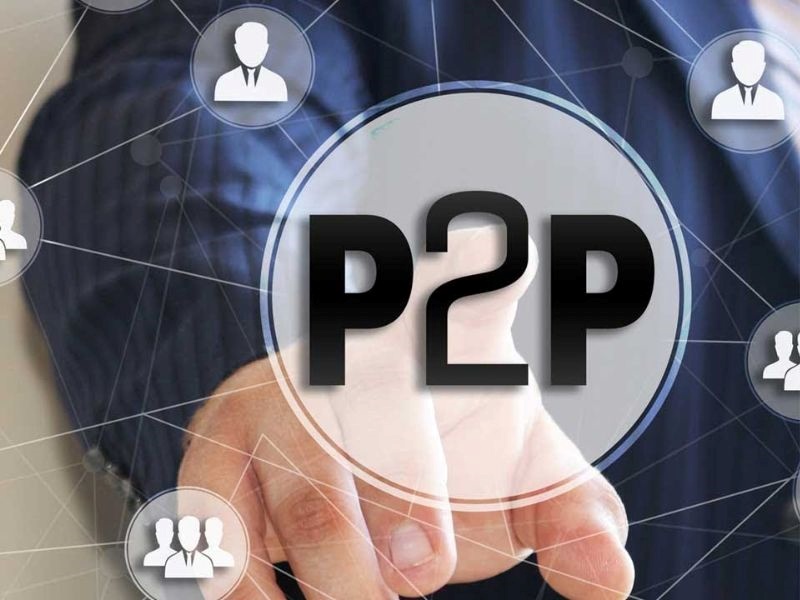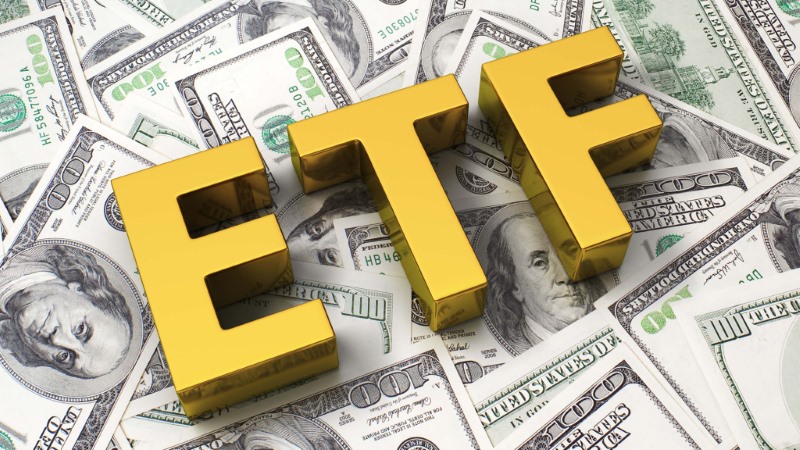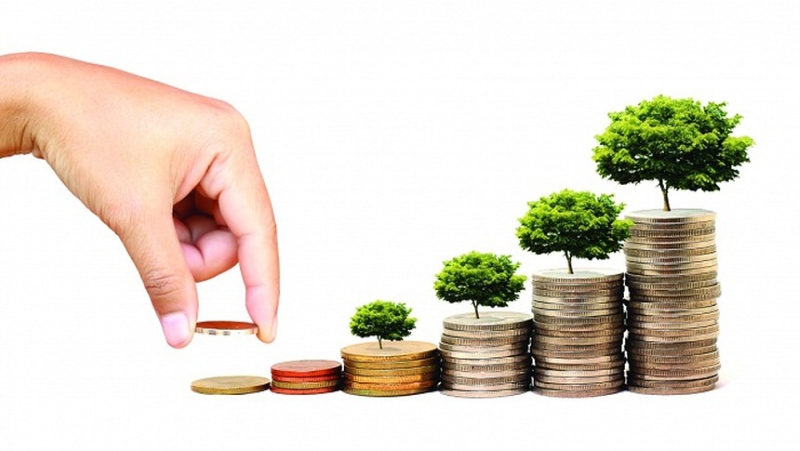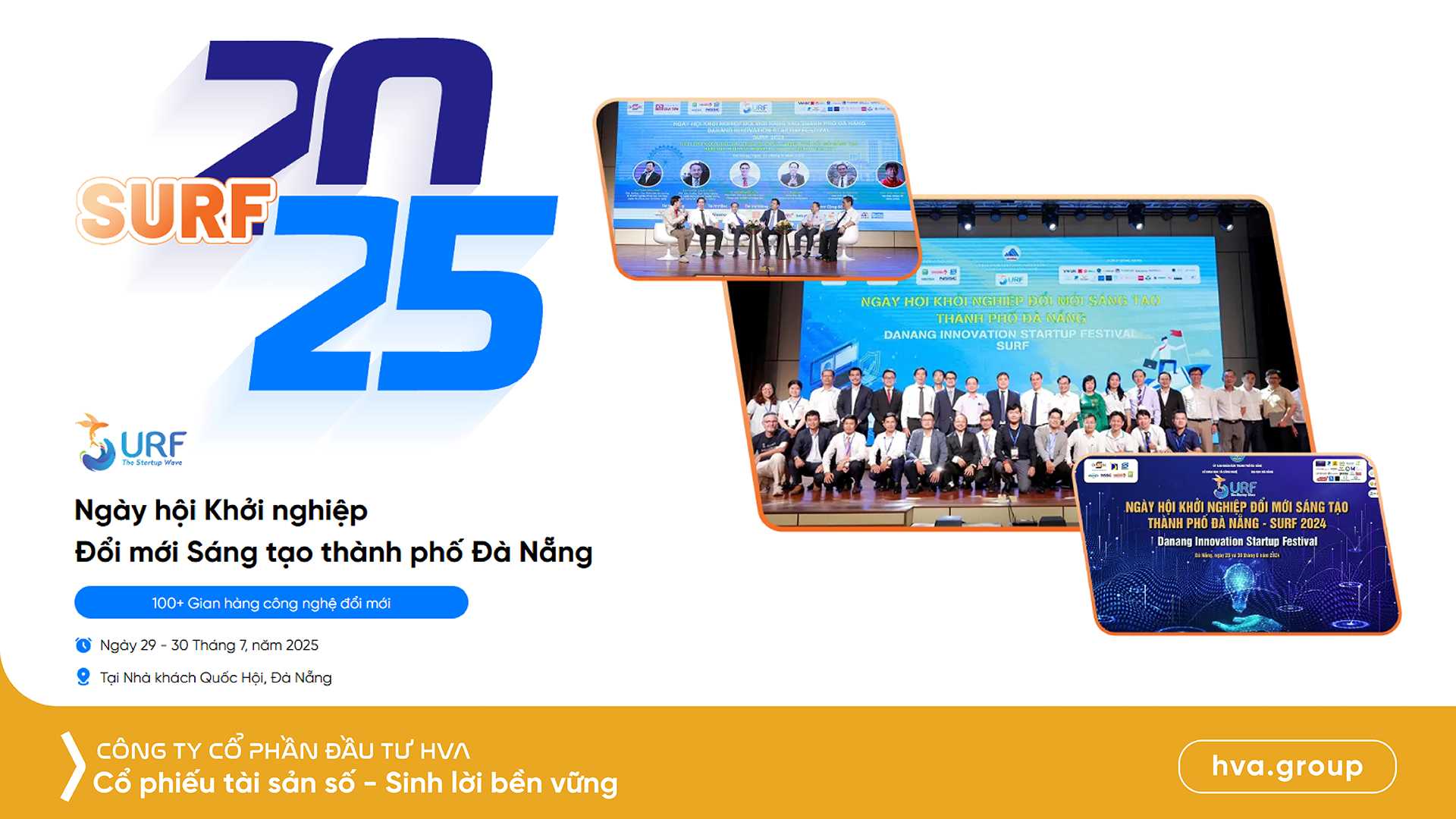Blockchain Applications in Banking How does it happen? HVA financial experts have researched and shared this information in detail with readers.
What is Blockchain?
Blockchain is a technology that is highly regarded for its ability to securely transmit data through a complex encryption system. It consists of many independent nodes that can authenticate and add information without the need for a “sign of trust”.
With these characteristics, blockchain is opening a new era in solving banking operations. This technology brings many benefits to banks and financial investments, including:
- Ensure high security against data theft risks.
- Increase transaction speed in short time.
- Minimize operating costs.

Currently, blockchain is being widely researched and applied in banking and finance operations such as capital mobilization, credit, payment, foreign trade financing, supply chain financing and bond issuance. However, some major challenges are being faced by countries when Blockchain applications in banking, include:
- Investment Education Human resources' knowledge of blockchain is limited.
- Differences in business processes between banks.
- Lack of consensus on standards and protocols.
- Legal obstacles when applying blockchain in transactions.
- There is a lack of organization or system responsible for monitoring and regulating global protocols.
Despite facing many opportunities and challenges, blockchain is still a technology that many organizations and countries are aiming for. This technology promises to open a new era with practical applications for all fields, especially in finance and banking.
Blockchain applications in banking and finance
This technology is being applied more and more strongly in the banking and finance sector:
Faster Payments
With the help of blockchain technology, banks can process payment transactions quickly and at a lower cost. By incorporating blockchain into their control systems, banks reduce the need for third-party authentication, creating a decentralized payment environment. This significantly reduces transaction processing time compared to traditional methods, giving banks a competitive advantage over other Fintech companies.
Interbank transactions
Improving the efficiency of interbank transactions both domestically and internationally is one of the Blockchain application in the bank. Blockchain creates a common environment like a decentralized ledger, helping banks track and process transactions quickly, publicly and transparently. Thanks to that, transaction processing time has been significantly shortened. For example, an international interbank transaction via the SWIFT system used to take 5 to 7 business days, but now this time has been reduced to only 24 hours.
Buying and selling assets
Financial markets are becoming more and more dynamic thanks to Blockchain applications in banking. This technology helps eliminate intermediaries, transferring ownership of assets in a uniform environment. Assets are encrypted and can represent real assets such as cryptocurrencies, stocks, commodities, gold, real estate, etc. This not only reduces transaction costs but also minimizes risks compared to traditional trading channels. Moreover, users can also manage digital assets more easily and efficiently.
Fundraising

Blockchain applications in banking also helps businesses solve the problem of raising capital more effectively. Instead of the complicated traditional method, many blockchain companies have carried out the fundraising process quickly through forms such as: Initial Exchange Offerings (IEOs), Equity Token Offerings (ETOs) and Security Token Offerings (STOs).
Among them, STOs are legally recognized by many countries and transactions are secured by the assets of the enterprise, so they have become the most popular fundraising method. An example is the bond investment fund of Scerri & Concise Ltd built through this form of STOs.
Credit
The process of creating a profile and credit appraisal at commercial banks is often quite complicated with steps and criteria such as credit score, property ownership status, etc. However, this information is sometimes distorted, causing errors in data collection due to system errors or inaccuracies from customers, thereby affecting lending decisions. Blockchain Applications in Banking helps simplify and improve the credit process, making it faster, safer and fairer when reviewing unsecured loan applications.
Foreign trade finance
Blockchain technology is being widely applied in foreign trade financing activities at banks. This technology helps to simplify and shorten transaction time by eliminating manual processes and complicated documents such as invoices, packing lists, letters of credit L/C, etc.
Verify digital identity
To ensure the authenticity of transactions and prevent fraudulent activities such as counterfeiting or money laundering, every transaction in the banking system requires identity verification. Although this process is often time-consuming, thanks to Applications of Blockchain in Banking and Finance, the verification process is simplified while still ensuring security. Users only need to declare information and authenticate transactions once, then can use that information for subsequent transactions. A popular and widely applied solution is Zero Knowledge Proof.
Accounting and Auditing
This field is highly regulated and requires strict regulations. Financial experts have Blockchain applications in banking and finance to ensure regulatory compliance and optimize accounting systems based on traditional double-entry accounting principles. Blockchain acts as an auditor, verifying every transaction and ensuring transparency and security of financial records.
Reserve fund
Reserve funds in businesses and banks play an important role in minimizing risks. The application of blockchain technology in this field helps investors decentralize decision-making, reducing investment concentration. At the same time, with the support of cryptocurrencies, this technology creates a platform that allows many investors and consultants to participate in decentralized reserve funds.
P2P Money Transfer

Blockchain also helps solve many problems in peer-to-peer money transfers. Currently, users often use many payment methods such as bank accounts, credit cards, and e-wallets. But each of these methods has its own limitations in terms of geographical scope, transaction time, and currency. Blockchain technology provides a solution by decentralizing applications and allowing global money transfers without limits.
Recently, financial experts HVA have learned about the Blockchain applications in banking. This technology is creating a breakthrough in many fields, including banking and finance. In addition to the applications mentioned above, Blockchain is also widely applied in other practical industries, bringing about remarkable efficiency. In the future, combined with artificial intelligence (AI), big data (Big Data) and Internet of Things (IoT), Blockchain applications in Vietnam are expected to develop even more strongly.











